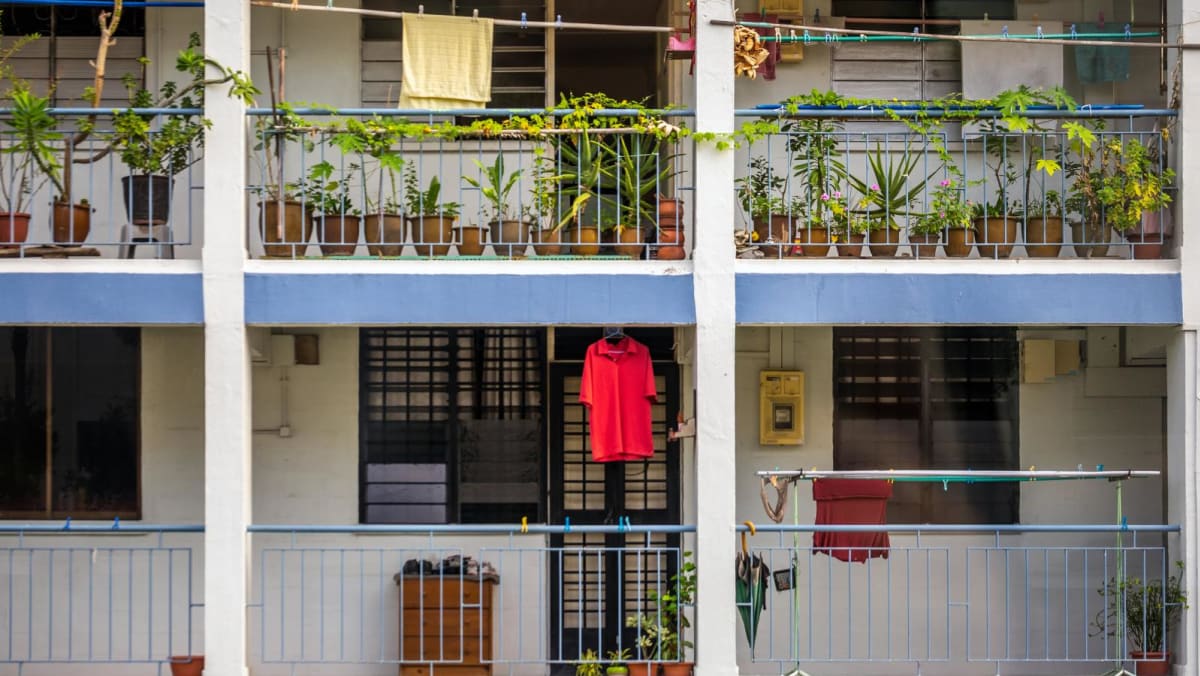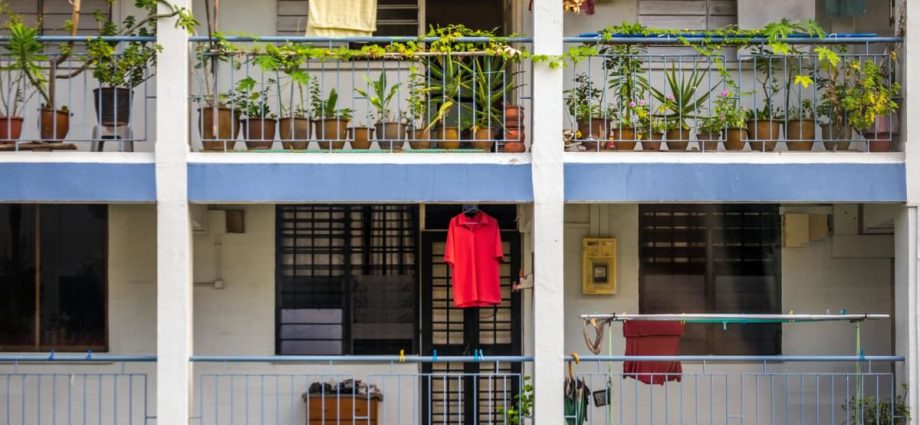
SINGAPORE: To support and uplift lower-income families, look to social empowerment rather than social assistance.
This overarching message underpinned two main approaches that the Forward SG report, which was released on Friday (Oct 27), put forth to help such families.
Doing so will “strengthen families’ sense of agency and ownership over their own circumstances, and give them the confidence to work towards improvements in their lives”, the report said.
First, uplift lower-income families towards “sustained progress”. And second, close the early education gaps for these children – particularly among those aged three to four – to ensure they don’t risk falling behind their peers in primary school.
The report, which drew findings from the Forward SG exercise carried out over the past 16 months, recognised that the challenges of social mobility and inequality will “get tougher” in Singapore’s next phase of development. It noted existing efforts in “proactively dealing” with these issues to avoid “starting from a bad place”.
The report added, however: “There is a natural tendency for families with greater means to pass on advantages to their children, enabling them to do even better. Over time, those from lower-income households will find it harder to catch up, and their children will also face many starting disadvantages.”
While the government “will do more to provide equal opportunities, temper unequal outcomes and prevent people from getting trapped in a permanent underclass”, it seeks to ensure that these actions “do not lead to a greater sense of dependency and entitlement”.
Instead, they should “complement and reinforce individual and family effort, as well as contributions from other stakeholders”.
The report highlighted that the benefits of social empowerment can be seen through the Fresh Start Housing Scheme, which since 2016 has helped second-timer families with young children living in public rental flats own a home again.
Under the scheme, eligible families can receive a housing grant if they meet certain conditions, such as stable employment, well-managed finances and regular school attendance of their children. The families also receive support from a social service agency to help them stay on track for home ownership.
In March last year, the government announced that some low-income households would get higher grants to buy their own home as part of enhancements to the scheme. They would also be allowed to buy three-room flats with shorter leases, beyond the current option of two-room Flexi flats with shorter leases.

